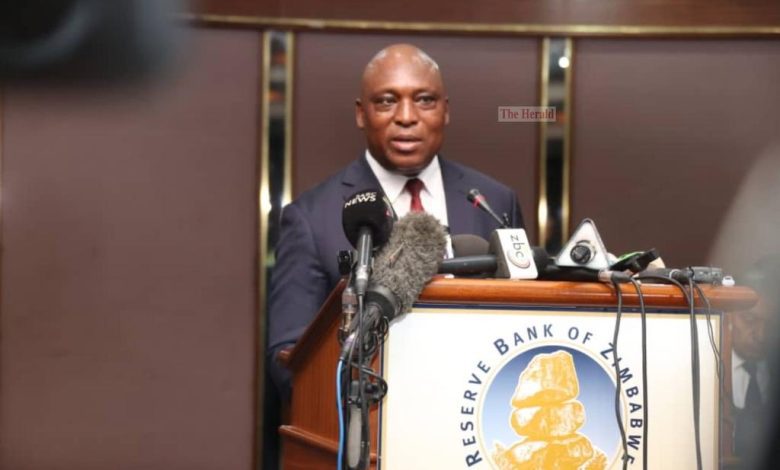IMF warms up to Zim’s economic policies
With the International Monetary Fund (IMF) giving a vote of confidence on Zimbabwe’s economy, experts are convinced that there is need to focus on long term solutions to economic challenges.
The international financial institution applauded the recent economic stance saying it has brought the parallel market in check and should be the direction the authorities should choose to take.
“The economy has what it takes to guarantee further growth, but that will only be subject to relevant measures being put in place in terms of the currency reforms,” Zimbabwe National Chamber of Commerce Past President, Obert Sibanda noted.
Zimbabwe’s fiscal authorities are also expected to focus on measures to contain budget deficits.
“Supplementary budgets are not ideal. What is needed is that element to boost confidence by focusing on balancing the act between revenues and expenditures,” said Elisha Tshuma, Zimbabwe Association of Customs Experts president.
The business community further expects economic blue prints such as the National Development Strategy One to be fully implemented as the country journeys towards an upper middle income society by 2030.
Economist, Gladys Mutsopotsi Shumbambiri said; “The country still needs to implement some serious measures to restore economic stability. These include serious agriculture value addition as the country is an agro based economy.”
The southern African economy is agro-based, but the 2021/22 farming season output is poised to be lower than the prior year given the impact of adverse weather conditions.
“Zimbabwe’s economy has shown resilience in the face of significant shocks. Russia’s war in Ukraine, the poor rainfall, and price pressures are adversely affecting economic and social conditions in Zimbabwe, already battered by the Covid-19 pandemic,” said Ghura.
“Value addition in the agriculture sector will increase exports and improve foreign currency earnings of the country. We also need to work on the exchange rate so that the gap between the official and parallel rates to narrow,” Shumbambiri said.
He said more work is required to speed structural reforms and firmly anchor macroeconomic stability.
“In line with recommendations from the 2022 Article IV consultation, the near-term macroeconomic imperative is to curb inflationary pressures by further tightening monetary policy, as needed, and allowing greater exchange rate flexibility through a more transparent and market-driven price discovery process, tackling FX market distortions, and eliminating exchange restrictions,” he said.
To promote transparency, conduct monetary and exchange rate policy better, and increase central bank independence, he said, the quasi-fiscal activities of the RBZ should be moved to the budget.
According to Shumbambiri, the RBZ also needs to continue with its monetary policy stance so that the tightening will lead to a better economic position going forward. She added that the economy now needs people with consistency and not those that will change course at every hiccup faced.
Inflation in August reached 285 percent over a year earlier, signalling the resurgence of pressures on pricing and currency rate depreciation.
The inflation performance in August was the result of a series of changes in monetary policy in June, which included the release of gold coins as a tool for investors to store wealth. The apex bank anticipates a decrease in inflation as gold coins eat up excess local currency holdings.
In 2022, the treasury had projected the economy to grow by 5.5 percent, backed by higher output in mining, manufacturing, agriculture, and construction, as well as in the accommodation and food services sector. But, it was lowered to 4.6 percent, and it will pick up to 5 percent next year.
“After rising to about 7 percent in 2021, real GDP growth is expected to decline to about 3½ percent in 2022 reflecting a slowdown in agricultural and energy outputs owing to erratic rains and rising macroeconomic instability, amidst a recovery in mining and tourism.”
According to the IMF, uncertainty remains high, however, and the outlook will depend on the evolution of external shocks, the policy stance, and the implementation of inclusive growth-friendly policies.-ebusinesweekly











